The Ministry of Labor, Family, Youth and Social Solidarity launched on Wednesday a collaborative project in Sintesti, Ialomita County, aimed at improving access to essential services for vulnerable families in Romania's rural areas. Conducted in partnership with the Ministry of Education and Research, the Health Ministry and the National Agency for Payments and Social Inspection, along with technical assistance from the World Bank, the project titled "Provision of integrated services in rural communities - facilitating access of vulnerable people to efficient and quality basic services" will provide easier access to basic social, educational and medical services for 2,000 rural communities, the Labor Ministry said in a release.
"Through these community services, we bring together in a modern form what the doctor, the teacher, the village elders and many others used to represent - the trusted people of the community. Today, social, educational and medical services adapted to the rural realities are being offered here. I am proud that, in my capacity as European Commission Executive Vice-President, I have contributed to a project that modernizes the state's response to the needs of citizens, directly where they live," said European Commissioner Roxana Minzatu, Executive Vice-President for Social Rights and Skills, Quality Jobs and Preparedness, as cited in the release.
Minister of Labor, Family, Youth and Social Solidarity Florin Manole showed that the state should do more where the needs are greatest, in isolated communities, in peripheral neighborhoods, in villages where people live far from public services.
"Through this project we bring social assistance, education and medical services closer to people, there where support is vital. We are investing over RON 4 billion in European funds to support 2,000 marginalized communities and approximately 450,000 vulnerable people: children, elderly, people with disabilities and low-income families. I encourage mayors who truly want to improve the lives of people in their localities to get actively involved," the Labor minister said.
In his turn, Yasser El-Gammal, World Bank Country Manager for Romania and Hungary, stated that through this landmark reform, Romania's commitment to inclusion and sustainable development "takes concrete form, specifically the expansion of integrated services to 2,000 rural communities sets a new benchmark for social services in Romania".
"This major impact reform addresses deep-rooted geographical inequalities and is aligned with the World Bank's objectives of eradicating poverty and creating prosperity on a habitable planet," Yasser El-Gammal underscored.
Health Minister Alexandru Rogobete explained that the project providing integrated services in rural communities brings health closer to people and strengthens the network of primary and community health services.
"It's an essential step towards reducing inequalities and creating an equitable health system, in which every person, regardless of where they live, has access to care and prevention. The Health Ministry remains an active partner in the implementation of this initiative, supporting local authorities and community professionals to provide quality medical services where the need is greatest. This way, we build not only infrastructure and services, but also trust, the foundation of a healthy community," said Rogobete.
Minister of European Investments and Projects Dragos Pislaru said that this project shows, perhaps better than any other example, what Europe means in our lives.
"It brings support where the needs are greatest and restores the dignity of people who have been forgotten for too long. It is proof that when institutions work together and focus on results, not bureaucracy, European funds become a real tool for change. Beyond procedures and mechanisms, the stakes are deeply human: children who can go to school, elderly who receive care, families who find support. This means, ultimately, cohesion - a country that grows together, without leaving anyone behind," said the European Projects minister.
Through this project, school-age children will receive food packages and educational counseling to prevent and reduce school dropout, vulnerable people will receive support for improving housing conditions, social and medical counseling, referral to employment services, care services, including at home. In addition, community spaces will be set up and equipped, and specialists will receive all the necessary resources to provide efficient services adapted to the needs of rural communities.
Integrated community teams made up of specialists in social assistance, education and health care will collaborate to increase the capacity of local authorities and to improve the quality of life of vulnerable children, youth, elderly and people with disabilities.
The expected results include: provision of integrated assistance targeting over 450,000 vulnerable individuals, mobilizing 6,373 certified community-level personnel and 10,000 trained professionals; creation of a nationwide expert network to facilitate project implementation and coordination across local and county administrative tiers.
The project's total eligible value is of over RON 4 billion, of which 83.14% in EU co-financing through the European Social Fund Plus, under the Social Inclusion and Dignity Program 2021 - 2027. The project will run from January 2025 to December 2029.
Attending the launch conference were over 100 government representatives, professionals from the social assistance, education and health system, representatives of local and central public administration, civil society and the private sector, the European Commission, the World Bank and members of the diplomatic corps.

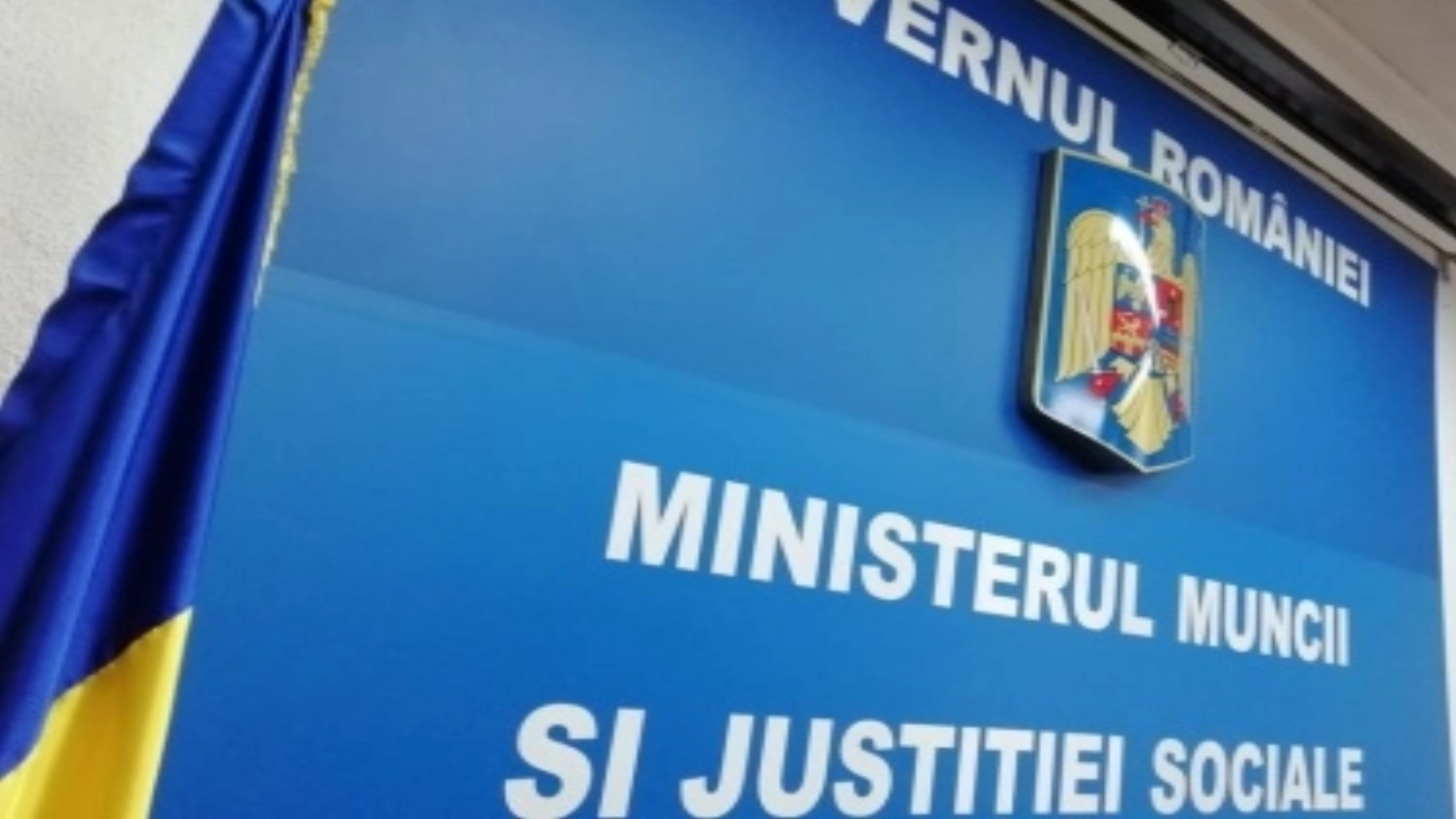



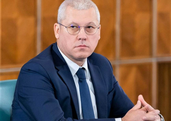
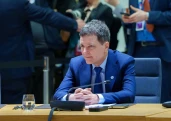


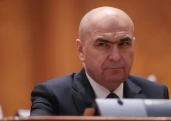

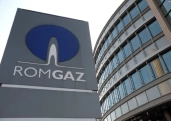




















Comentează